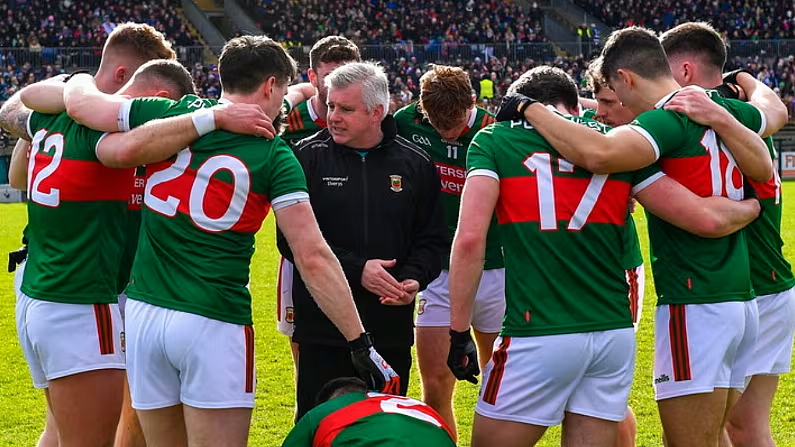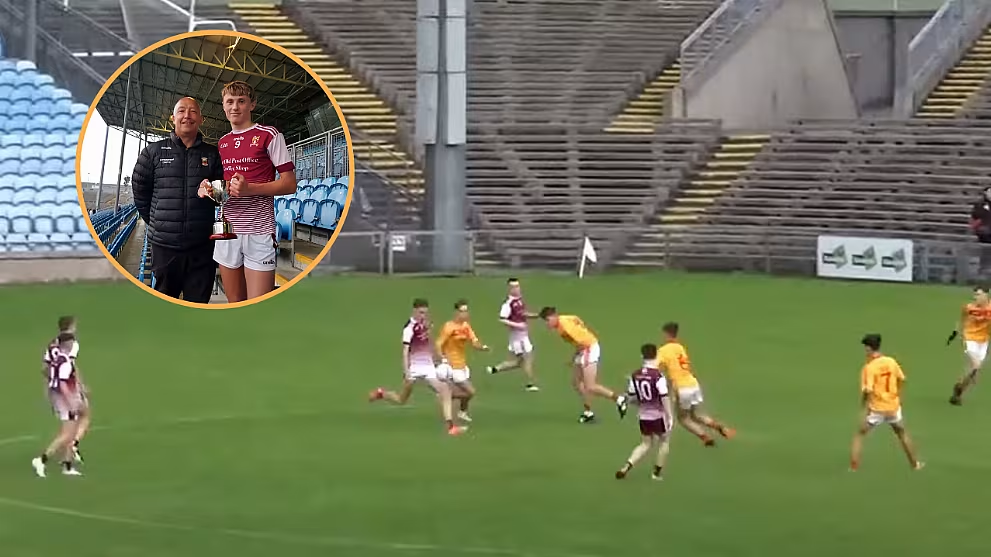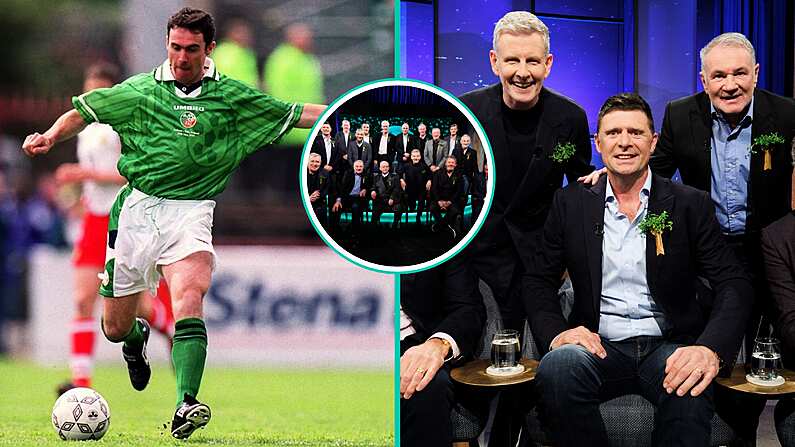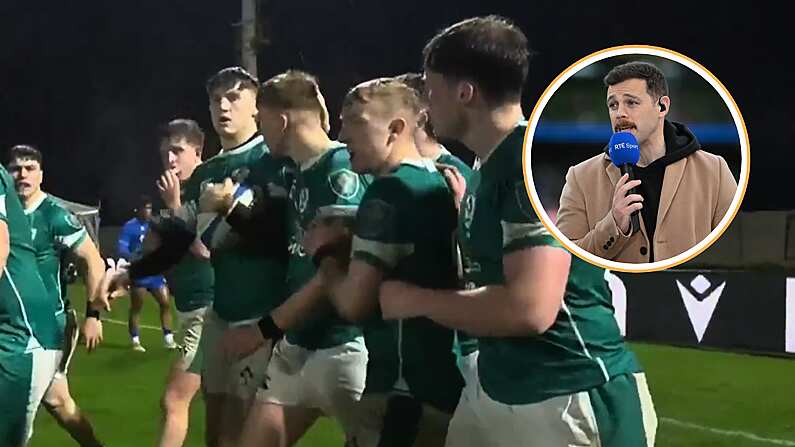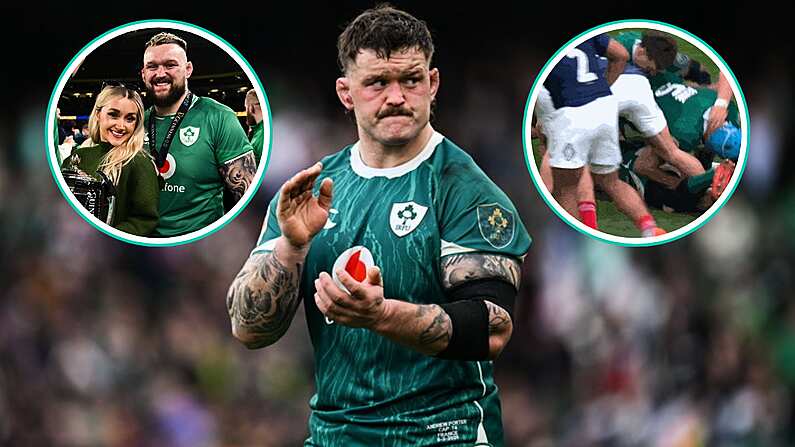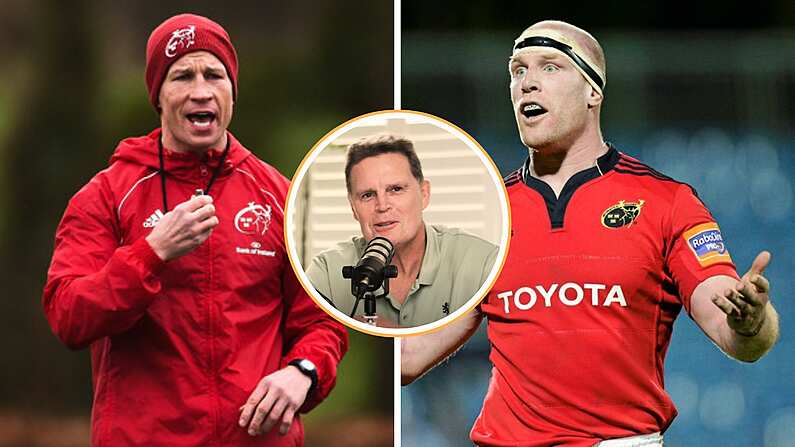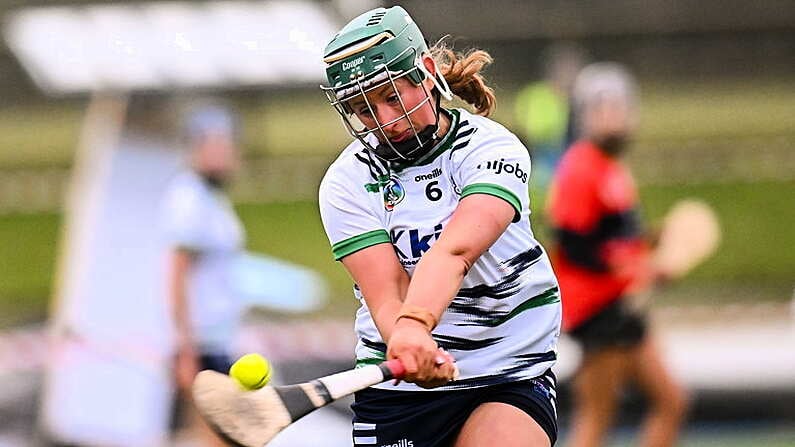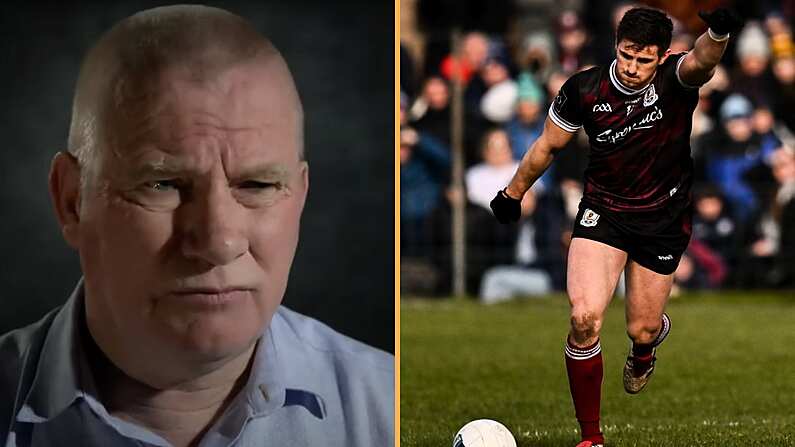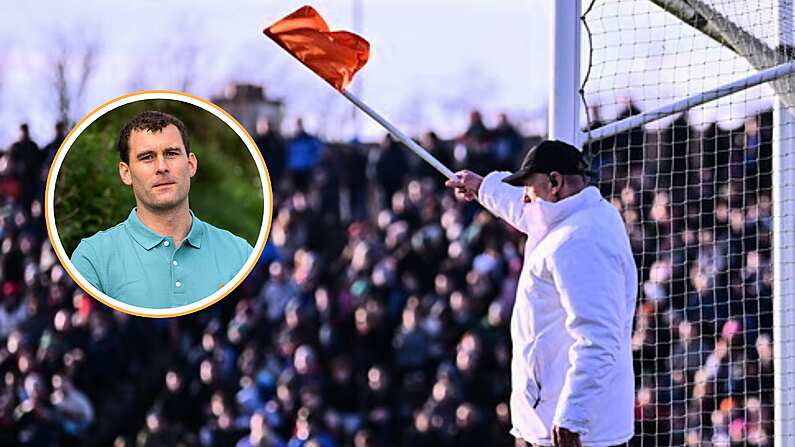Stephen Rochford says the idea that Mayo's season ended so disappointingly was because they had done too much work too early is "rubbish".
Mayo played Sligo in a charity game for Mindspace Mayo on January 2nd. At the time, Rochford - Mayo assistant manager under Kevin McStay - "definitely heard" people saying "we had a load of work done, more than other teams".
"We actually hadn't done our first collective football session to November 30th last year," Rochford told the Ah Ref! podcast.
"That was four or six days after the collective session was to come back. Yes, guys were working individually and in gym pods in twos and threes but this thing of us going back training on November 1st and that rubbish.
"To be honest, that won't change next season. Our plan is to not go back before December 1st. There might be a slight change in relation to how we go."
New Episode out now!
Stephen Rochford
Club review
General bits and bobs
Listen below⤵️#mayogaa https://t.co/7gYxNiLmS8— Ah Ref! (@RefComeOn) August 1, 2023
Mayo's championship ended with a 12-point defeat to Dublin at the quarter-final stage. Rochford said the major blunder of their season was the capitulation to Cork in the final game of the group stage.
Mayo led the Rebels 1-11 to 0-8 with 12 minutes of normal time to play. A win would have seen them top the group and progress straight to the quarter-final stage. Cork came back to win by three points, allowing Kerry to top the group, and sending Mayo into the preliminary quarter-finals against Galway the following weekend.
"We did not lose at the end of the season based off too much done [too early]," he said.
"We lost because we didn't close out the game against Cork. That's no disrespect to Cork. We found ourselves six points up with 12 minutes of normal time to go, in a better position than Kerry, than Roscommon or Derry found themselves against Cork around the same period. We let that go. That is something that's going to hurt us."
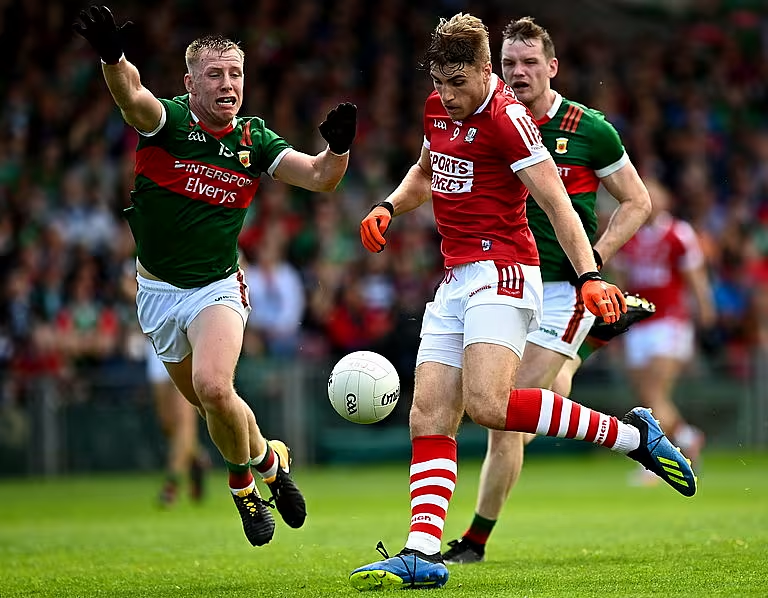
18 June 2023; Ian Maguire of Cork in action against Ryan O'Donoghue of Mayo during the GAA Football All-Ireland Senior Championship Round 3 match between Cork and Mayo at TUS Gaelic Grounds in Limerick. Photo by Eóin Noonan/Sportsfile
Rochford said he has "come to the point where I'm saying it was a season that offered a lot of promise and ended up a frustration".
Mayo won the league final in early April with a three-point victory over Galway. Reaching the league final meant they would have just a week between the game and their opening match of the championship against Roscommon. The Rossies ended up winning that Connacht quarter-final by four points.
"The league was a success," said Rochford.
"We didn't go out to necessarily take a target of winning the league but we didn't go out to not win the league either. As many good teams have done, you get into winning form and you want to maintain that as it builds confidence, and cohesiveness within the group.
"We found ourselves in a league final against a team that were certainly looking for a scalp. It didn't matter if it wasn't Galway. If it had been Armagh, we would have been going into that to win it.
"We were caught a little bit flat [against Roscommon], and not for a lack of preparation. Nobody took their eye off the Roscommon thing but when you finish on a Sunday and you get one session... That was all we could do the following week, one session to get fellas fresh. It didn't allow us the preparation that we would have liked.
"Roscommon were able, at 4:05pm on the Sunday of their last National League game, to focus on Mayo. It took us seven days more... They were on our radar but they weren't in the middle of it.
"We've had a policy of taking one game at a time. There's no doubt our preference would have been another week to the championship game but we knew the fixtures beforehand. That's in no way an excuse. I'm just talking about it in an ideal fashion. It wasn't there. We went in, had our chances early on in that game.
"We didn't show the clinical element in front of goal that we had done earlier in the season. Roscommon got two goal chances and took both. We got two goal chances and didn't take either of them."

2 July 2023; Colm Basquel of Dublin celebrates after scoring his and his side's second goal during the GAA Football All-Ireland Senior Championship quarter-final match between Dublin and Mayo at Croke Park in Dublin. Photo by Brendan Moran/Sportsfile
Rochford added that being more clinical in front of goal and having greater tactical flexibility are two thing Mayo will look to work on for next season.
"Against Dublin at the far end of the season, Dublin get two goals chances, take both," he said.
"We get two goal chances and we get zilch out of it. We're not going to be successful on big days unless we become more clinical at 70 per cent of those chances instead of being in the 30 per cents.
"One thing we're trying to embed into the group is that we have flexibility and adaptability to whoever we're playing and the circumstances.
"We've got challenges around that in relation to our consistency within games. No doubt we are playing well and competing well in a lot of games for 75 - 80 per cent of the game but when we seem to switch off, it's proven detrimental to the end result. The mood coming out becomes more frustrated."

